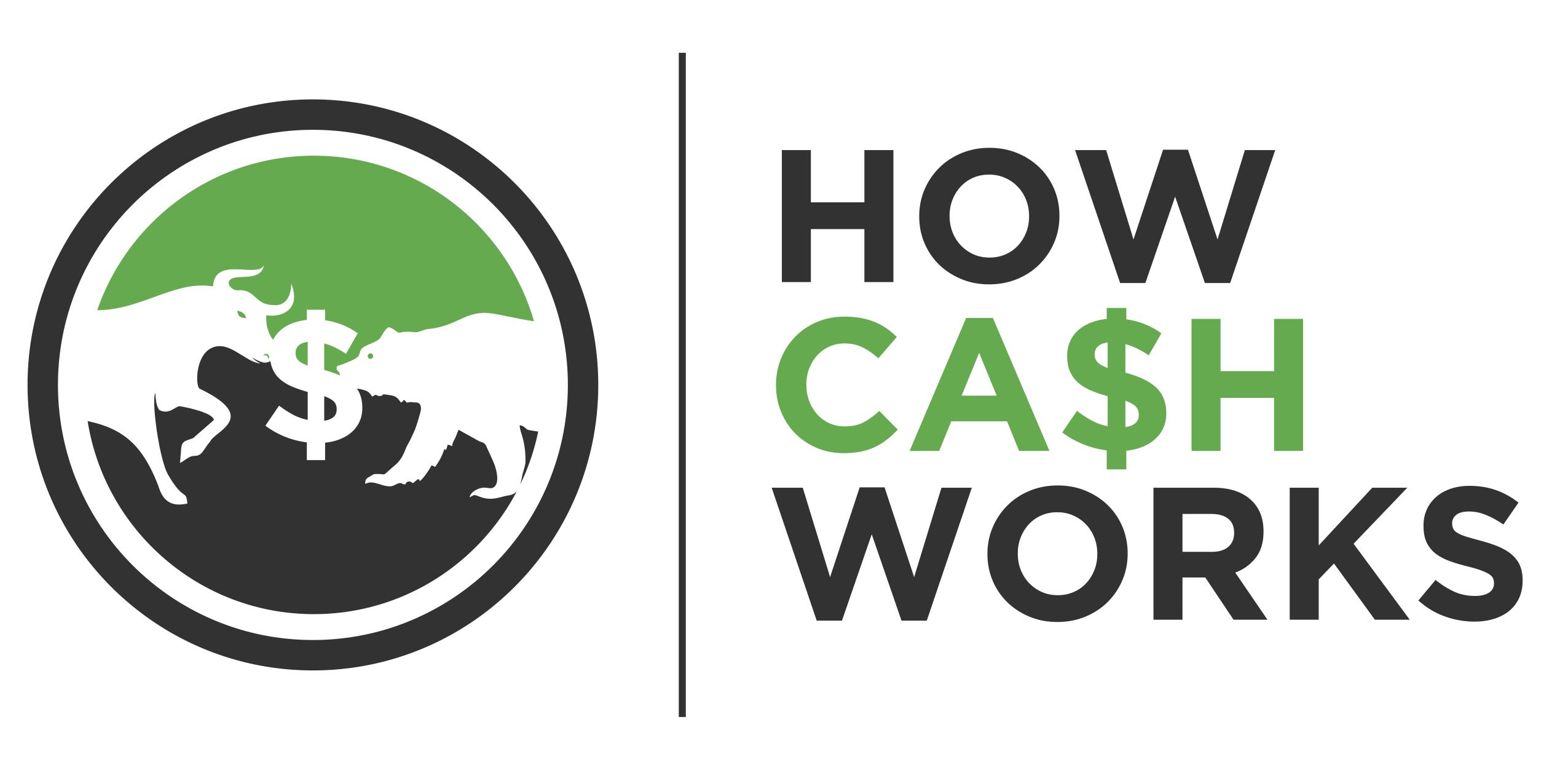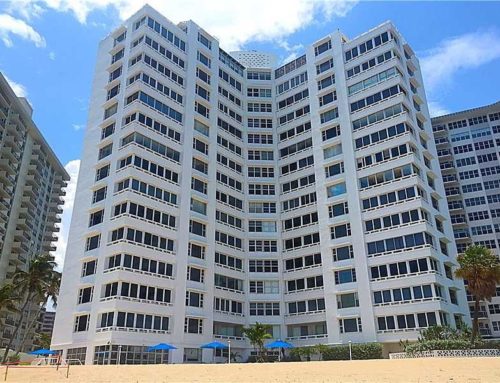It can sometimes be difficult to secure financing for a condo. For first-time homebuyers, it can be almost impossible.
It is very rare to find a condo building that is eligible for FHA loans, which are common among first-time homebuyers who have limited funds for a down-payment. Nowadays, it is typical that a conventional loan will be the only type of financing available for a condo purchase.
However, in some cases lenders will refuse to approve any loan on a specific condo building whatsoever. While these are not as common, it is something important to take note of. It could save you time and money before you decide to go under contract on a condo purchase.
Mortgage underwriters consider the following factors when deciding whether to fund a loan or not:
1. Do investors own 50% or more of the community?
When investors own half or more of the units in a community, this to raises a red flag for lenders. Investors, on average, do not exhibit the same pride in home-ownership that an owner-occupant would. As a result, lenders consider an investor-heavy community at risk of experiencing imperfect maintenance.
Once a community surpasses this 50% investor threshold, expect to pay a larger down payment on your mortgage; usually around 25% down.
2. Does one single investor own 10% or more of all the units in the community?
When one individual or corporation owns a substantial portion of the community, expect it to be difficult or ineligible to obtain financing. Generally, banks draw the line and will not finance the property at or beyond the 10% threshold.
At this point, private-money lenders may be the only financing option left. However I have seen instances where a condo association owned more than 70% of the units in the community, and even private lenders refused to finance the property.
3.Is the condo association in good financial standing?
Once under contract, a title company will order a document from the condo association known as an estoppel. This document contains all pertinent information to the community, including financial statements and records.
If the association is in bad financial standing, it is unlikely lenders will finance properties in the community. Additionally, the reasoning behind lending restrictions for investor-heavy communities is due to this result.
If one or multiple investors experience financial difficulties and stop making payments to the association, a domino effect occurs. The association will hurt financially since it is no longer receiving payments on its units. This ultimately damages the financial standing of the association and community. In turn, this lowers property values since the association can no longer provide proper maintenance of the community. Consequently, in the case that the property owner forecloses on the property, this makes it likely for the lender to experience a loss on his or her investment: the mortgage.
Most of these questions can be answered upon completing a property tax record analysis, which your Realtor should be able to complete for you.




Leave A Comment